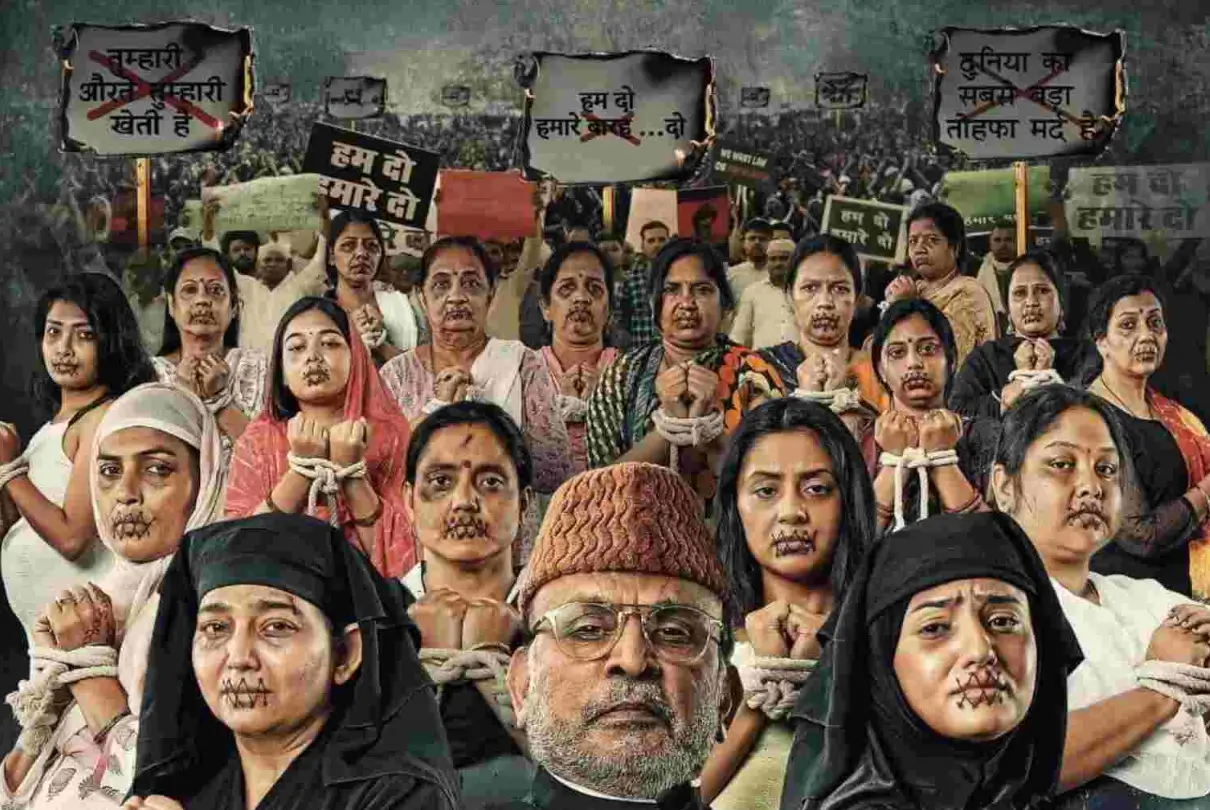Physical Address
304 North Cardinal St.
Dorchester Center, MA 02124

The controversy surrounding the film “Hamare Baarah” has taken another turn as the Karnataka state government has banned its release, citing concerns about potential communal tensions. This decision comes on the heels of the Bombay High Court’s recent stay on the film’s release just two days before it was scheduled to hit theaters.
The Karnataka court’s move to ban the film stems from requests received from various organizations, which expressed apprehension after viewing the film’s trailer. Under the provisions of the Karnataka Cinema Regulations Act 1964, sections 15(1) and 15(5), the court deemed it necessary to prevent the spread of communal hatred within the state by halting the release of “Hamare Baarah.”
Prior to this development, the film had already encountered significant backlash from viewers, leading to the removal of its trailer from online platforms shortly after its release. Critics have denounced the film’s content as crude and divisive, expressing concerns that it could incite hatred and negativity, particularly among younger audiences.
In response to the controversy, producer Manoj Joshi has defended the film, emphasizing that its intent is not to target any specific religion. He stated to IANS, “This movie was not made to target any religion. Today, there are discussions about the respect of women in our country. In any society, there should be no disrespect to women.” Joshi highlighted the film’s themes of women’s empowerment, education, employment, and population issues, urging viewers to watch it with their families. Also Read – CBFC Changes Annu Kapoor’s “hum Do Hamare Baarah” to “hamare Baarah”: Urging Makers to Remove or Replace Shocking and Controversial Dialogues
“Hamare Baarah,” featuring Annu Kapoor, Abhimanyu Singh, Ashwini Kalsekar, and others in lead roles, centers around a woman who takes her father to court to seek permission for her mother to terminate a risky pregnancy and save her life. The film addresses important societal issues and advocates for women’s rights, highlighting the complexities of reproductive health and family dynamics.
Despite the controversy surrounding its release, “Hamare Baarah” aims to spark meaningful discussions on critical social issues. It underscores the importance of respectful portrayal and handling of sensitive topics in cinema, emphasizing the power of storytelling to drive positive change in society.
As the legal and public debate surrounding the film continues, its fate remains uncertain. However, the controversy has shed light on broader conversations about censorship, artistic freedom, and responsible filmmaking, prompting stakeholders to reflect on their roles and responsibilities in shaping cultural narratives.